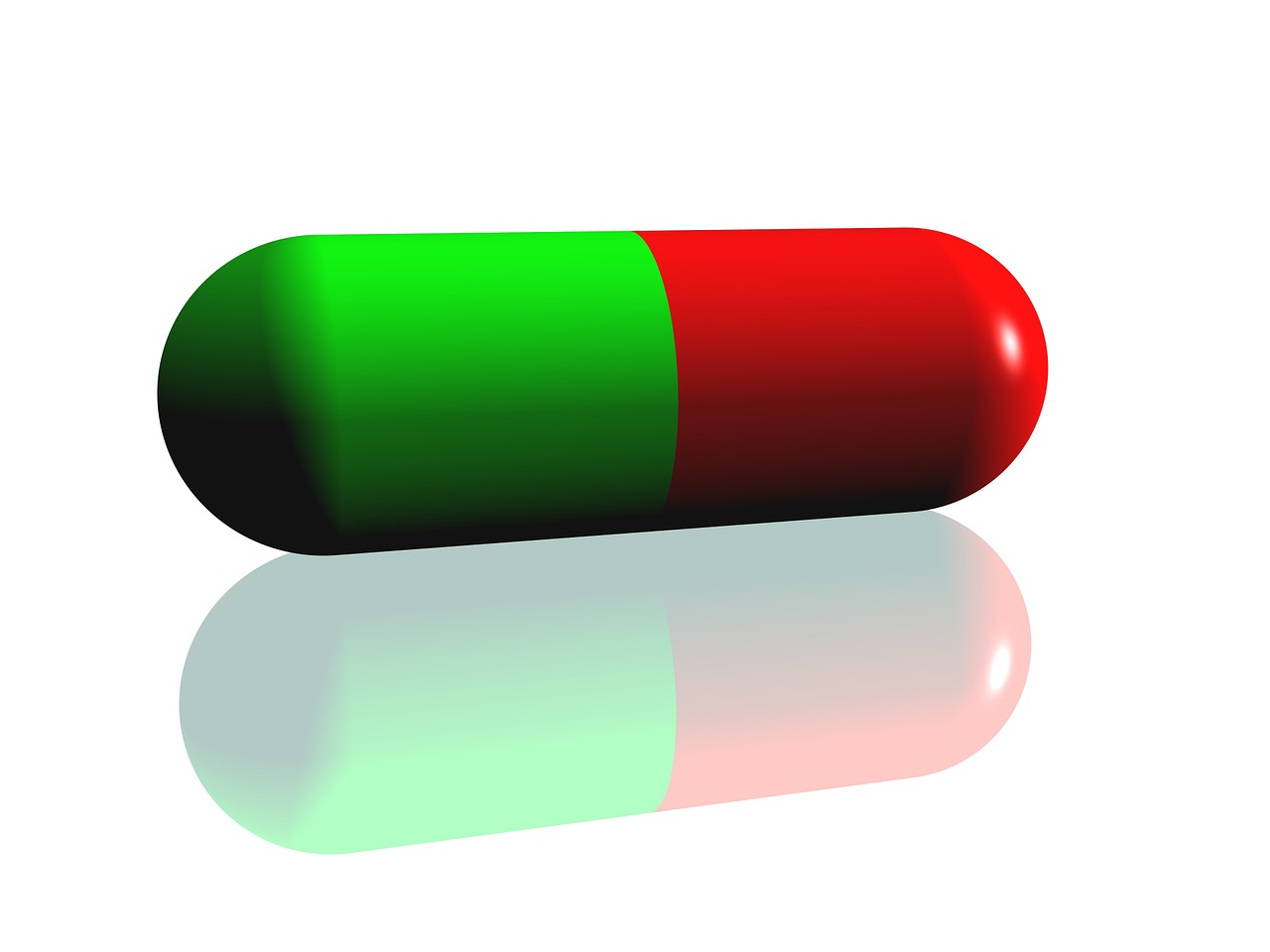
Folic acid, or Vitamin B6, is present abundantly in green leafy vegetables, fruits such as mosambi and oranges, lentils such as beans and peas, cereals and rice. It is destroyed by cooking and excreted within a day from the body. Unlike fat-soluble vitamins, excess amounts are not stored. Its normal level in blood is 2-20 ng/mL in adults and 5-21 ng/mL in children.
Women planning a baby should take folic acid supplements because deficiency in early pregnancy leads to birth defects, specifically neural tube defects such as spina bifida. In adults, deficiency results in persistent fatigue, weakness, lethargy and irritability. Folic acid is essential for the formation of red blood cells and lack of it results in "megaloblastic" anaemia, where red blood cells are larger than normal.
Now, folic acid has been found to have a more extensive protective effect. Levels of an amino acid called homocysteine build up in the body before a heart attack. Folate is essential to break down homocysteine. Therefore, it has a preventive effect on heart attacks.
Folic acid helps cell DNA repair itself when exposed to carcinogens (such as tobacco) and beginning to mutate. It helps cells resist mutation to adenocarcinomas especially in the colon, rectum, lung, oesophagus and breast. This is particularly relevant in people who have potentially pre-cancerous conditions like ulcerative colitis.
Cervical cancer, the commonest cancer in women, is mostly caused by the human papilloma virus (HPV). Adequate levels of folic acid in the blood ensure that cancer doesn't get a foothold in the cells even after exposure to HPV.
The government provides free folic acid supplements to pregnant women. However, folic acid is essential for all ages and both sexes, particularly if you have diabetes and hypertension, have had surgery of the stomach or are unable to give up smoking and drinking.











